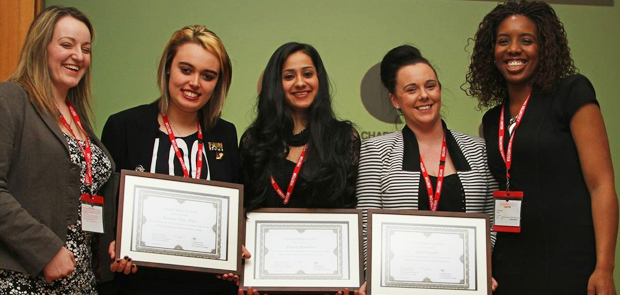The proposed FE Guild could have a different name by the time it is launched in August.
Peter Davies, who heads a project helping to shape the guild, said a survey was set up after consultation revealed that more than 60 per cent of respondents did not like the original title.
He said that many of the 200 or so replies to the survey suggested that FE did not “reflect the whole sector” while the word guild was “a bit traditional”.
Other suggestions have included the words skills, institute or alliance, said Mr Davies, former principal of London-based adult education provider City Lit.
He said it was important that the organisation — designed to set professional standards in FE as funding ends for the Learning and Skills Improvement Service (LSIS) — should not alienate any part of the sector.
“There was a view that we needed to look at the name,” he said.
It’s important to get the name right to give it some stability”
“People felt strongly that the further education — FE — aspect did not cover the whole sector. Some felt that the title referred just to colleges and private providers, and many felt guild was more linked to individuals rather than an organisation.
“We’ve all seen organisations come and go and I think it’s important to get the name right to give it some stability.”
He said he preferred “something around learning and skills” as it was “more all-embracing”.
But he admitted that some respondents liked the word guild because it “gave a feeling of stability and longevity, which would be quite unique for this sector”.
David Hughes, chief executive of the National Institute of Adult Continuing Education who is independent chair of the guild’s steering group, revealed on Twitter that he preferred the title Guild for Learning and Skills.
And Christine Doubleday, deputy executive director of the 157 Group, said she backed the FE moniker but preferred institute.
“While we fully appreciate the power of the word guild for a craft-based focus, FE is much broader and varied,” she said.
“Therefore the word institute has broader appeal as in Institute for FE Professionalism, or Professional Institute for FE, or FE Professional Institute, which puts us on a par with other professional bodies.”
During a recent Association of Colleges conference that focused on the guild, Mr Hughes said its steering group, involving representatives from 28 groups, was still considering the priorities of the organisation, due to launch in August.
He estimated the guild would have around £10m to spend in its first year compared with the £100m LSIS had in its first year.
The survey on potential names can be found at www.feguild.info.
It will be discussed at the FE Guild steering group’s meeting on Monday.


